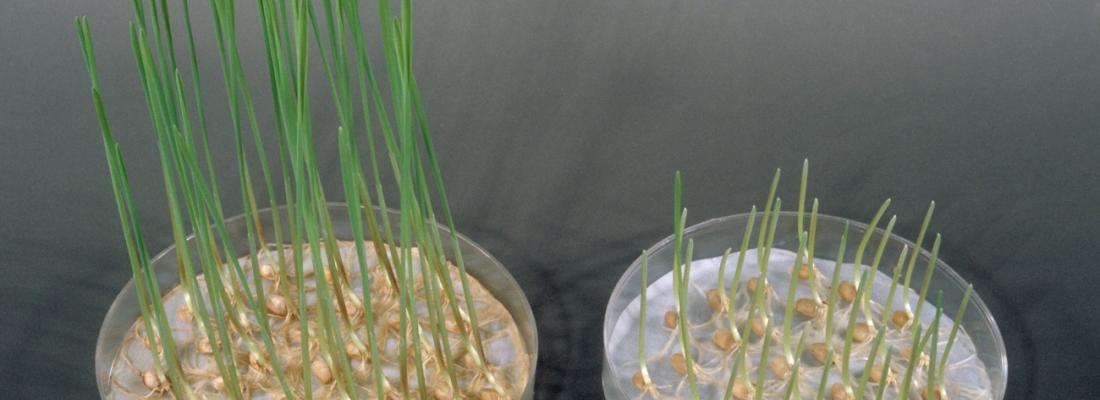France and Australia
May 19, 2020

Building on the success of a previous research agreement with CSIRO, INRAE has signed a new five-year collaborative research agreement with its Australian counterpart. The aim is to support additional joint projects, particularly in the fields of plant, animal and food research.
On Monday 18 May, Philippe Mauguin, INRAE Chair & CEO, and Michiel van Lookeren Campagne, Director of CSIRO Agriculture & Food, renewed the INRAE-CSIRO multi-year framework agreement* for five years following a meeting between the two institutions. The meeting was led on INRAE’s behalf by Jean-François Soussana, Vice-President of International Policy.
This renewed agreement reflects the extremely positive dynamic among the scientists from both institutions, which are the main research bodies in agriculture, food and environment in their respective countries, and a desire to advance their collaborative efforts in areas where they share an interest.
More than 40 environmental, animal, plant and food research exchanges co-funded since 2015
Around 40 research exchange projects have been selected and co-funded since 2015, mainly in the environmental, animal, plant and food sciences. The two institutions lend their support to eight to ten projects each year to produce collaborative research on topics deemed to be scientifically strategic. This backing encourages interaction among scientists, and especially young researchers, to help them forge solid, long-term partnerships.
As in previous years, a call for projects was issued in 2020. INRAE and CSIRO gave out total funding of €100,000 for nine different projects, which will get under way once international travel between France and Australia is possible again.
The new framework agreement includes a broader range of research topics, particularly in food science and health, following the creation of INRAE and in line with the joint interests with CSIRO. The two institutions will now be able to launch additional annual joint linkage calls to support scientist mobility.